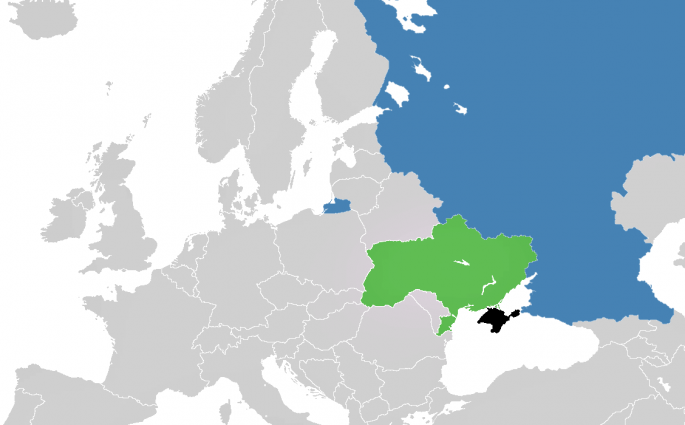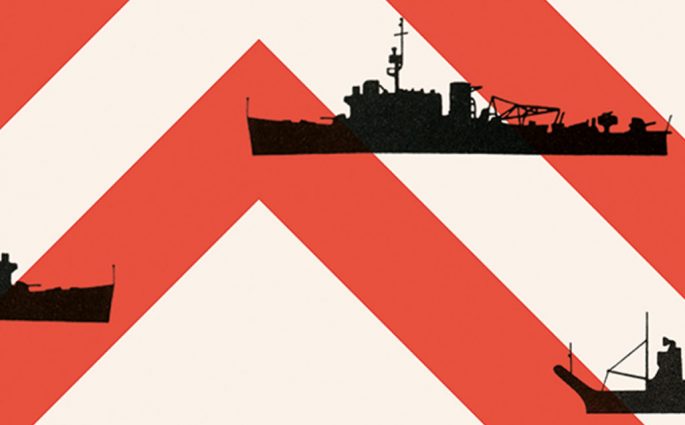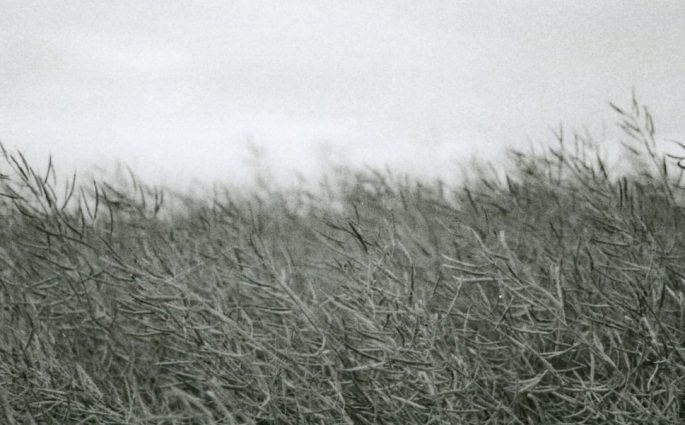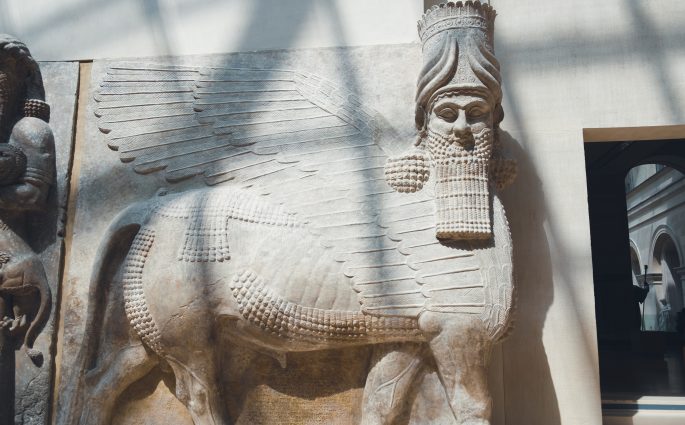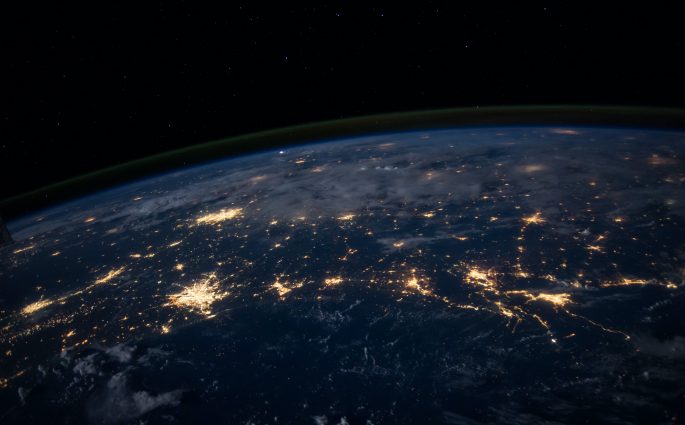The Russia-Ukraine Crisis: A Reading List
To better understand the Russia-Ukraine crisis, we have put together a list of the most relevant books that shed light on the history, socio-economic and political relations of these two neighboring countries as well as titles that provide additional context to the historical and evolving war tactics at play. “An

